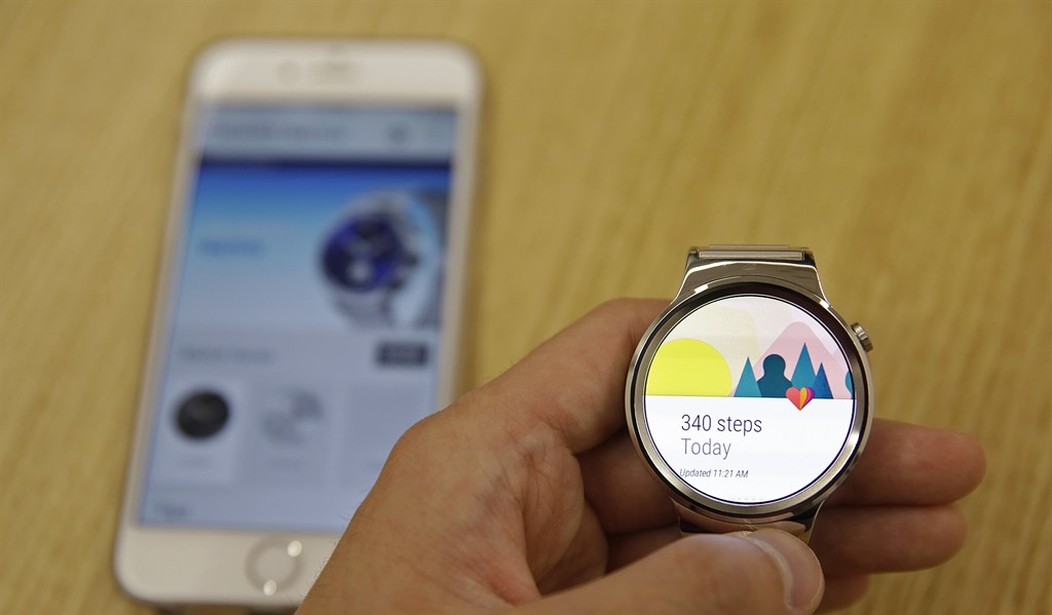Not too long ago, I wrote about a proposal to use Google’s Echo or Amazon’s Alexa devices to listen in on people in a misguided effort to curb mass shootings. It’s a concerning thing, the idea that the smart devices you purchased to make your life just a bit easier may well end up informing on you to the federal government.
It’s also not the end of the effort, either. It seems your phone and smartwatch may be asked to join the effort as well.
After the recent shootings in El Paso and Dayton, Ohio, Ivanka Trump asked those advocating for the new agency whether it could produce new approaches to stopping mass shootings, said one person familiar with the conversations who spoke on the condition of anonymity because they were not authorized to discuss them.
Advisers to Wright quickly pulled together a three-page proposal — called SAFEHOME for Stopping Aberrant Fatal Events by Helping Overcome Mental Extremes — which calls for exploring whether technology including phones and smartwatches can be used to detect when mentally ill people are about to turn violent.
Using his personal connections to Trump and others, Wright has pushed his HARPA proposal to the White House and Health and Human Services Secretary Alex Azar and several senators and House members, according to two people involved in the effort. Last month, on the presidential campaign trail, former vice president Joe Biden also advocated for creating such an agency.
The violence detection plan has alarmed experts studying violence prevention, technology, psychology and mental health.
“I would love if some new technology suddenly came along that would help us identify violent risk, but there’s so many things about this idea of predicting violence that doesn’t make sense,” said Marisa Randazzo, former chief research psychologist for the U.S. Secret Service.
Beyond the civil liberty concerns about monitoring people through their gadgets, Randazzo said, there’s the problem of false positives.
And that’s the real problem.
It’s easy to scream “mental health” when talking about mass shootings. After all, we should all be able to get together on the idea that sane people don’t shoot up schools, churches, movie theaters, or workplaces. The problem is, there’s no real link between these shootings and previously identified mental health disorders. Some, such as the Thousand Oaks killer, may have PTSD while another has depression and another is manic depressive. Others have no previously identified mental health issue.
What we do have are piles of law-abiding, peaceful citizens who would never harm the hair on another person’s head except in self-defense who are also struggling with mental illness.
There’s nothing about this plan that shouldn’t scare the pants off of everyone.
For one thing, gun owners should be terrified that private conversations that actually don’t represent a threat could trigger a red flag confiscation of a person’s firearms. Others should be scared that once this kind of pandora’s box is opened, it could allow the federal government to snoop into other aspects of our lives.
While I get the drive to find a solution to mass shootings, people’s rights deserve to be respected in the process. After all, those who give up their liberty for some temporary safety deserve neither liberty nor safety. If we start snooping and spying on American citizens in as part of a pre-crime effort, we’ve laid the foundation for a difficult future, not just for ourselves but for our children as well.
Yet if it would actually work, there are those who would say it’s worth the threat.
The problem is, it wouldn’t. As Randazzo, it’s difficult to be predictive on this kind of thing. It’s unlikely it would actually stop anyone from doing anything. At worst, they’ll just skip ownership of those devices at all and continue with their plans.
All it will do is give us yet another way in which to feel less secure.








Join the conversation as a VIP Member